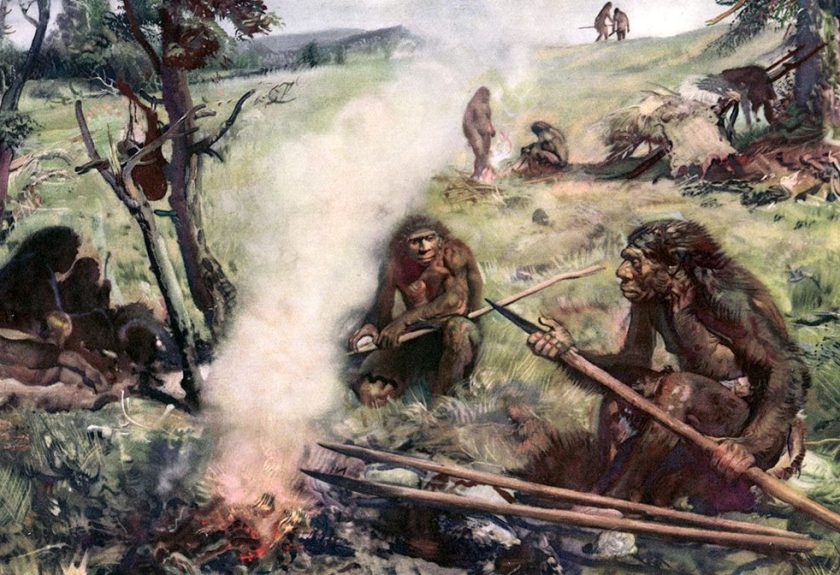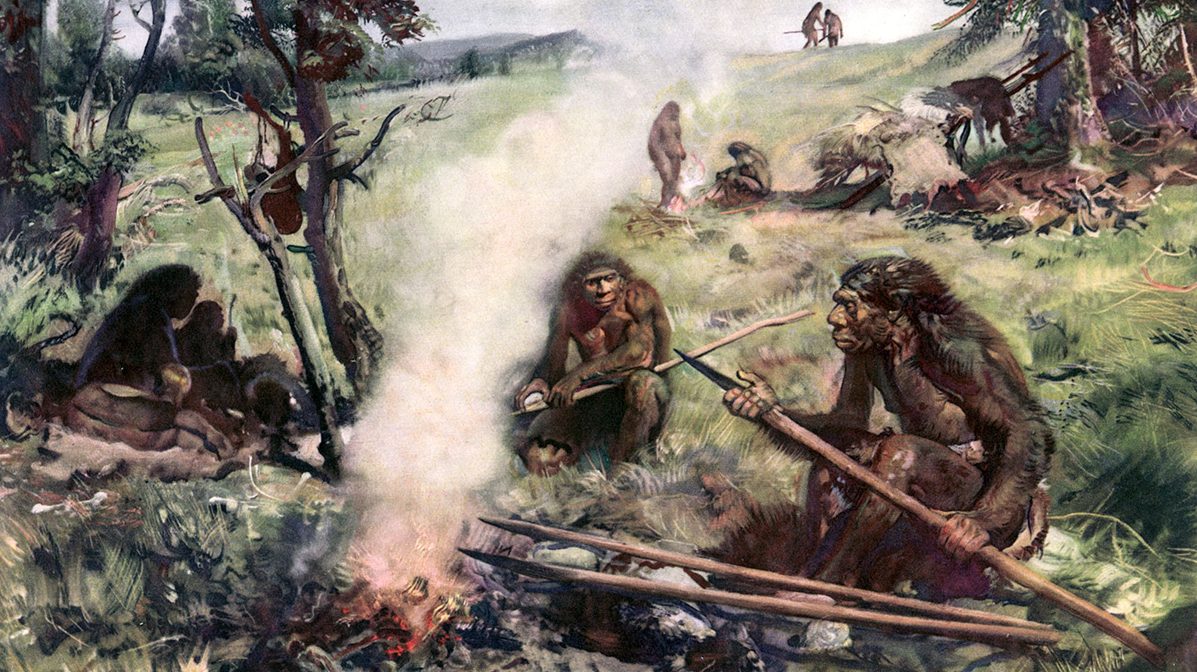
Human ancestry dates back to the Neanderthals. But what of their ancestry? Researchers may have discovered an answer.
Three years ago, archaeologists digging in the Gruta da Aroeira cave in Portugal discovered a partial skull, which has now been confirmed to be 400,000 years old, reported Science magazine
That predates the Neanderthal by up to 200,000 years. According to a study published yesterday in Proceedings of the National Academy of Sciences, the skull belongs to an “archaic” member of the genus Homo—or one such ancestor of the Neanderthal.
With a “fused brow ridge,” the skull has a clear connection to the Neanderthal, per Science, as well as similarities in comparison to other previously discovered fossils in Europe. Once scientists have a chance to compare and contrast the skull further with other fossils, more will likely be known about our earliest ancestors.
Learn more about how the Neanderthal developed in the BBC Worldwide video below.
—RealClearLife
This article was featured in the InsideHook newsletter. Sign up now.
























